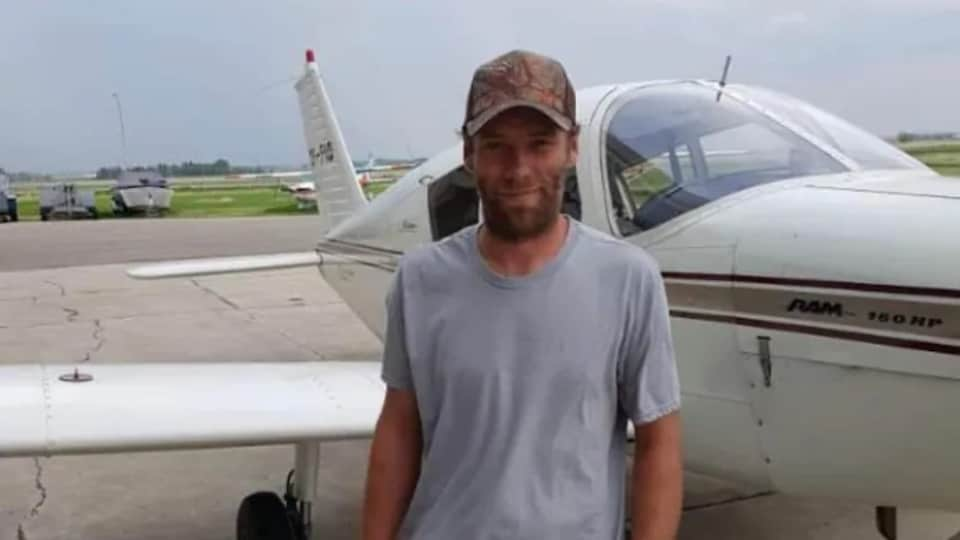Although the search north of Sault Ste. Marie has been suspended by the Joint Rescue Coordination Center (JRCC), rescue workers in northern Ontario will continue to monitor the area in hopes of finding the two Albertans and their Piper Comanche plane missing for two weeks.
The two men and their device were reported missing on April 14, when radar lost signal near Lake Superior.
John Fehr and Brian Slingerland were traveling from Delhi, in southern Ontario, to Marathon, located on the northern shore of the great lake.
Aerial search teams spent more than 360 hours flying over 17,300 square kilometers to find them, but the operation was suspended on Sunday.
A statement from the Canadian Armed Forces said the two men had little chance of survival.
Management of the file was therefore transferred to the Ontario Provincial Police (OPP).
Once the military has completed the search, rescue teams will patrol the area as they train their personnel in the area where the plane went missing.
We are still in training. I believe we will have a lot to think about in this region in the next few months.said the director of the Sudbury district rescue team, Paul Pressaco.
Searches can take forever
Mr. Pressaco explained that seeing the plane in the forests of Northern Ontario was like finding a needle in a haystack.
He said the Piper Comanche was white and there was still snow on the ground in the area when the search began.
According to Mr. Pressaco, it can sometimes take years to find a device in a wooded area. He recalled that a plane in particular was found by a hunter nearly eight years after it crashed.
In other cases, searches end more positively.
In 2018, a team rescued a pilot of a plane that ran out of gas, forcing him to land on a distant lake. Fortunately, the device was found within 30 minutes.
Mr. Pressaco explained that rescue teams are trained to identify anomalies in a scene such as broken trees or the glass of a piece of metal.
Hopefully this issue will be resolved soon.he said.
Source: Radio-Canada
